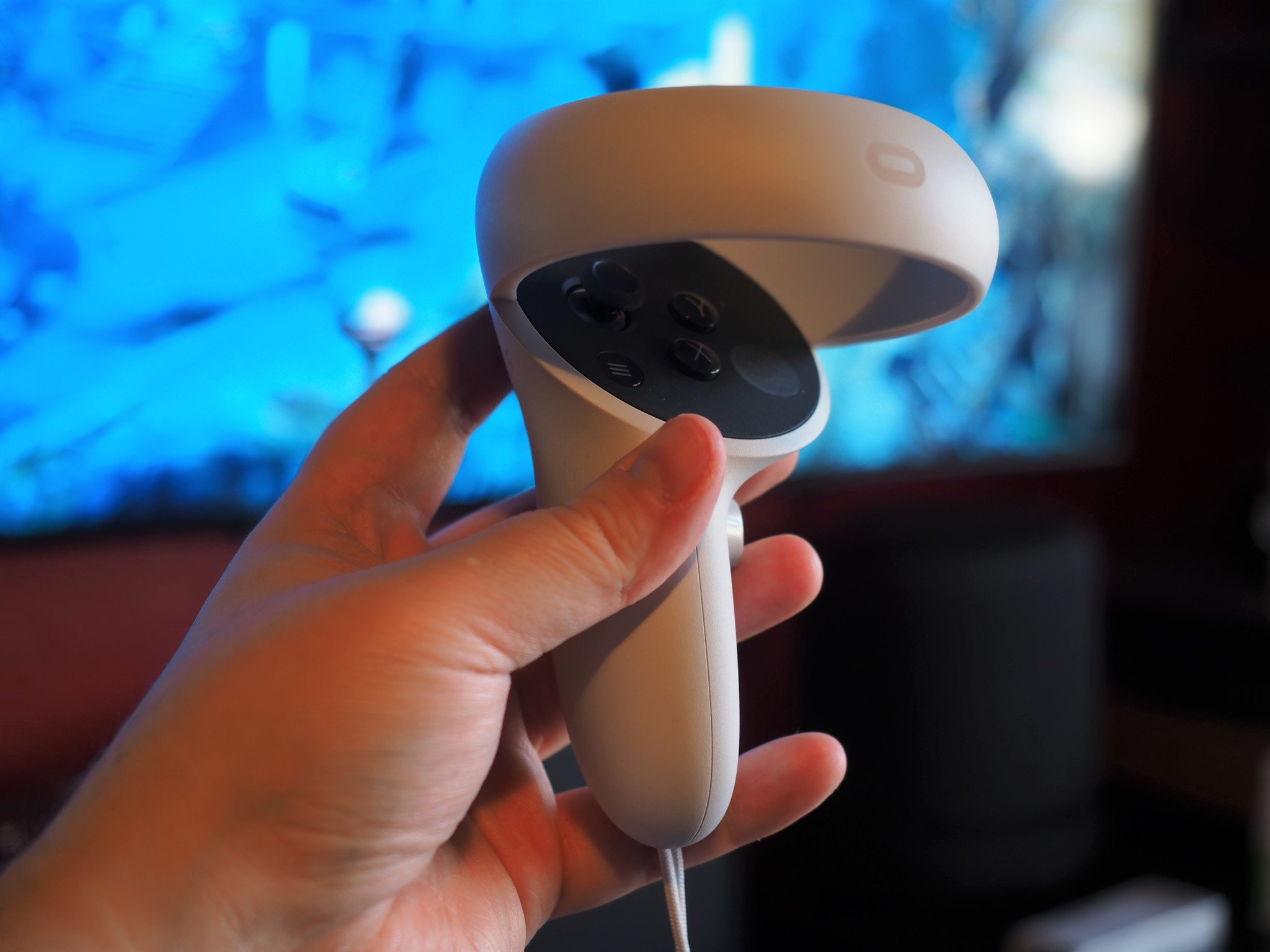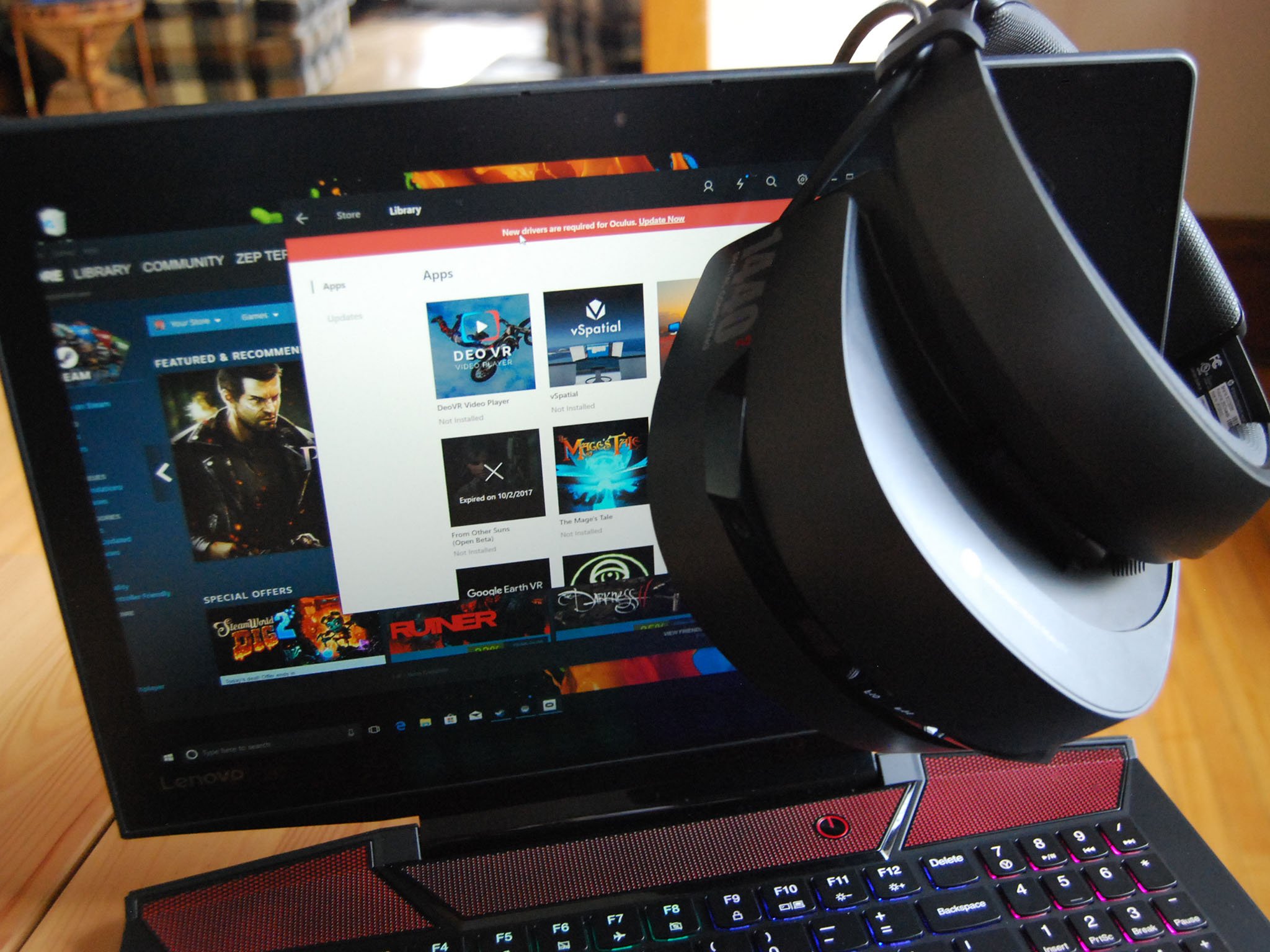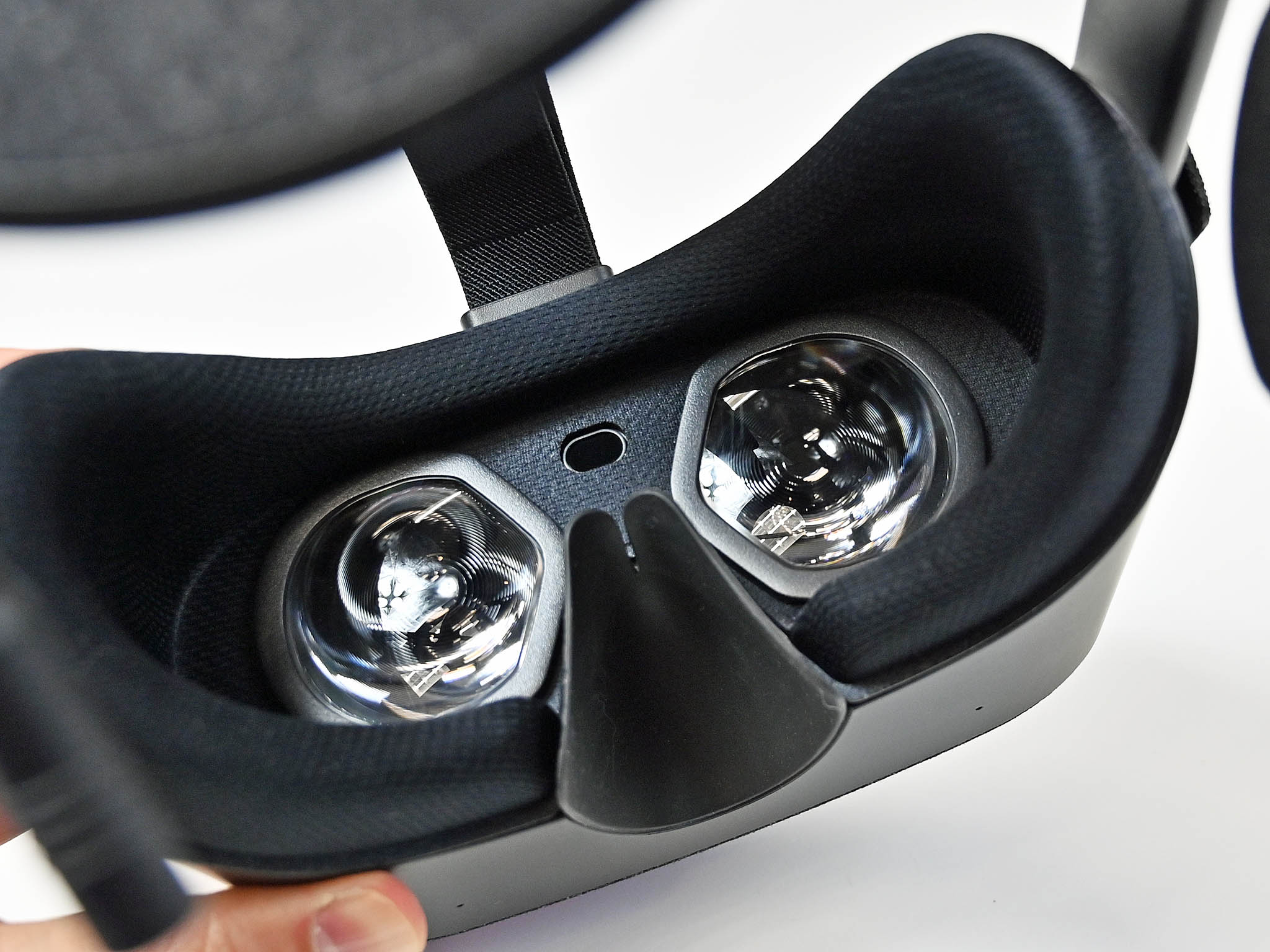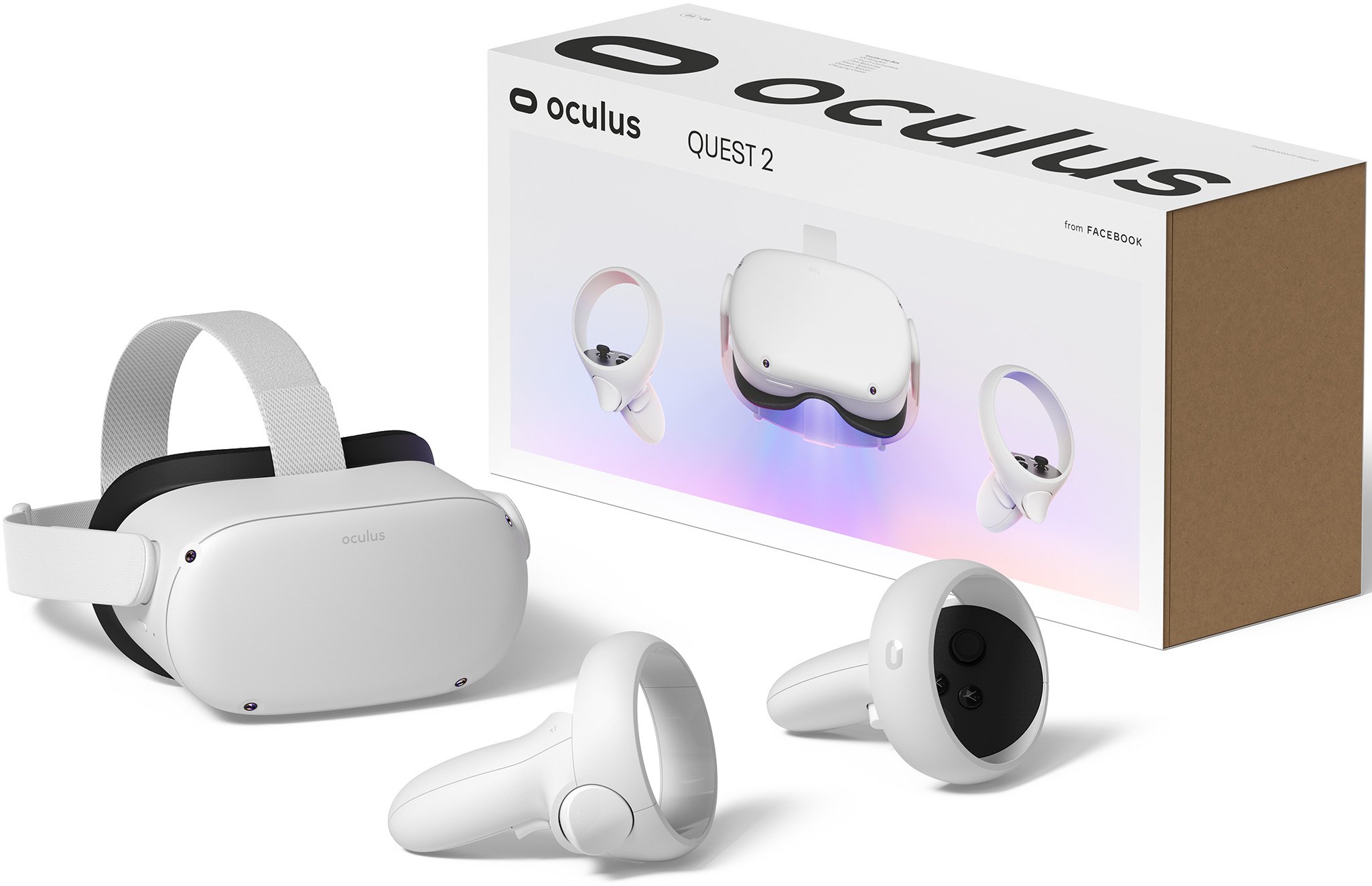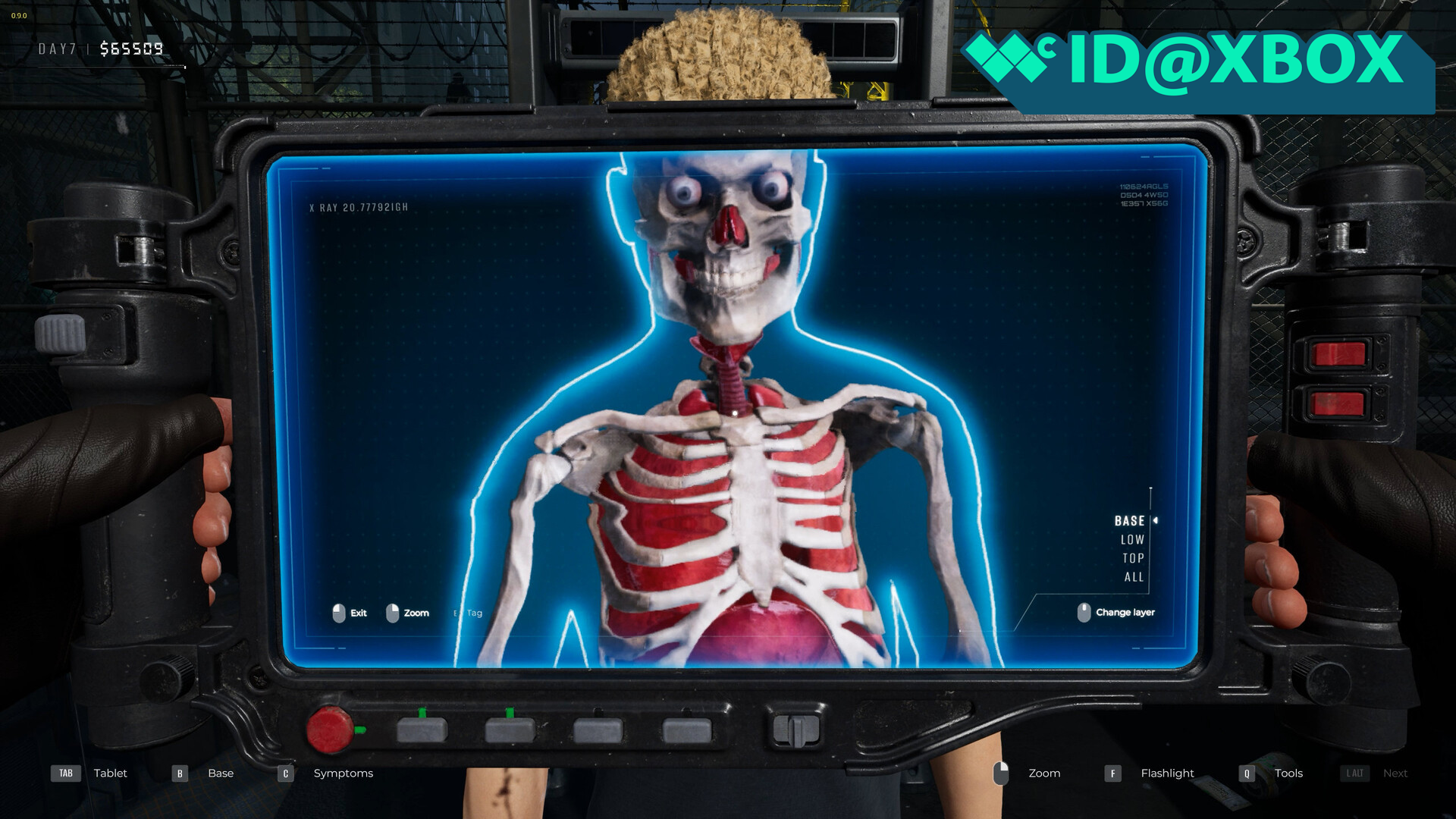Thoughts on the Oculus Quest 2: Should Xbox make a run at VR?
Recently, I was loaned an Oculus Quest 2 for testing. Has it changed my view on VR?
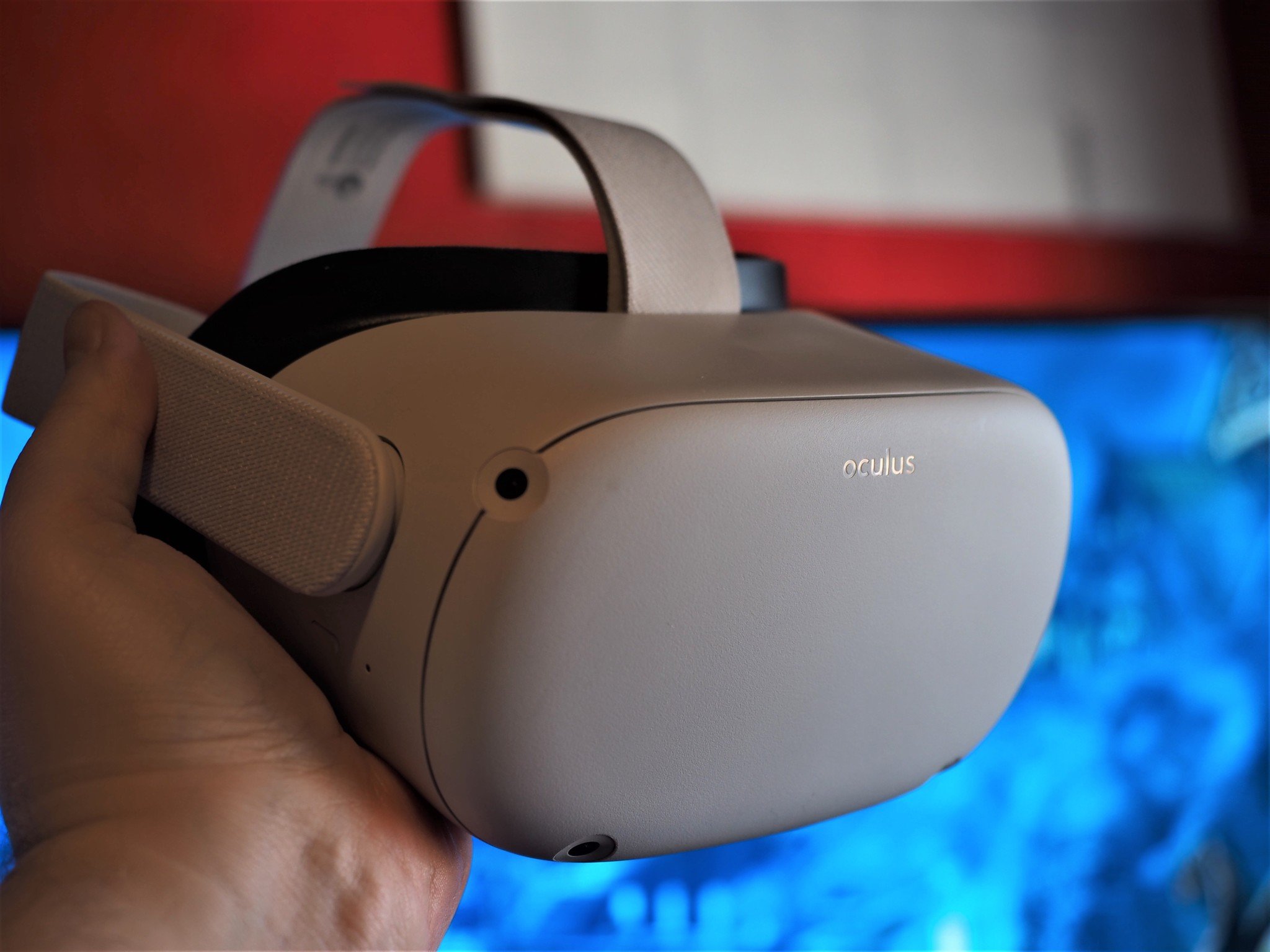
All the latest news, reviews, and guides for Windows and Xbox diehards.
You are now subscribed
Your newsletter sign-up was successful
A couple of years ago, I wrote a piece about my thoughts on VR as it stood back then, having used the cheapest, most awkward solution, HP's old Windows Mixed Reality (WMR) headset. Despite the awkwardness of using that device, I still fancied the tech. The experience of mining in Minecraft VR in first-person was vivid, and blasting zombies in Arizona Sunshine VR just doesn't get old. At least, until you start feeling VR-fatigued, that is.
As intrigued as I was by VR in 2019, my interest in it began to wane over time. It didn't seem like Microsoft's run on affordable VR tech panned out, with the Microsoft Store and WMR effort largely falling by the wayside in recent years. In addition, competing solutions like the HTC Vive remain prohibitively expensive, or in the case of Oculus, frustratingly bound to the Facebook platform.
Still, my curiosity for the tech was sated recently when I got a chance to try the completely wireless Oculus Quest 2. It doesn't require complicated beacon setups, nor does it require a powerful connected PC, tethered with a cable or two. This is ultimately the end-goal of VR, to be completely standalone, independent of an external device.
The Oculus Quest 2 is truly quite magical, but it doesn't solve some of the core issues with VR, which makes me wonder if the tech will ever hit the mainstream, or remain a niche for hobbyists and enthusiasts. Could Xbox's expertise bridge the gap?
Thoughts on the Oculus Quest 2
The Oculus Quest 2 is a truly remarkable piece of tech and reminds me of the time I tried out HoloLens. I have to admit, as much as I despise Facebook for its irresponsibility in how its social networks are affecting society, the Oculus engineering effort is nothing short of praiseworthy.
The Oculus Quest 2 is a truly remarkable piece of tech.
My only other experiences with VR were quick demos in sweaty gaming conventions and the very low-end HP WMR headset of the past. The Oculus Quest 2 blows those experiences out of the water, with mature and polished software, but also intuitive setup systems.
Windows Mixed Reality can easily extend to Steam, and so can the Oculus Quest 2 if you're willing to jump through some hoops. If you want to mainstream your tech, ease of use is an absolute must, though, and it's here that the Oculus Quest 2 really shines. A simple set up sequence asks you to designate a play area and also inform it where the floor resides by moving one controller to the ground. The room scanning is shockingly detailed and accurate. The audio directionality is impressive, sounding incredibly loud when it's on your head, but quiet to everyone else in the room. This is the sort of seamlessness I would expect to see this tech proliferate.
All the latest news, reviews, and guides for Windows and Xbox diehards.
Walking Dead Saints & Sinners is an excellent survival sim on Oculus Quest 2.
I tried out various games, including the popular Beat Saber, alongside Superhot, and Walking Dead Saints & Sinners. Beat Saber is a fun action game that in some ways reminded me of Kinect, where you slice cubes that hurtle towards the screen in time with popular music. Superhot is another excellent game for VR, taking place in slow motion. Time only moves when you move, letting you pull off John Wick-style stunts against an onslaught of faceless agents.
It's perhaps ironic that VR is supposed to be liberating, yet somehow it still feels so constrictive.
Walking Dead Saints & Sinners was a different bag, though. This was a full survival sim, complete with crafting mechanics, exploration, and a large variety of weapons and combat systems. This game, like Minecraft before it, I found incredibly disorienting to play. Games, where your arm and hand movements in-game don't match up with your arm and hand movements in real life, can induce motion sickness. No matter how hard I try, I seem to be overly sensitive to this.
I have to ask myself if I would be willing to put down $300 dollars for this experience, given that so many games still seem to induce motion sickness in me. I'm told it gets easier over time, but how much time? Then I start to feel like I should just fire up my Xbox or my Nintendo Switch, and enjoy a more relaxing, less fatiguing experience, with higher resolution and better graphics.
It's perhaps ironic that VR is supposed to be liberating, yet somehow it still feels so constrictive.
Should Xbox try VR?
Towards the end of 2019, Xbox head Phil Spencer said in an interview that there wasn't a huge amount of interest in VR for Xbox. This was after the Xbox One X was announced to be supporting VR, which was later quietly shelved. Microsoft's interest in VR seems to extend only to augmented experiences with HoloLens, particularly in a business context, although they did buy some consumer-oriented VR products like Altspace VR. Even still, development on these platforms continues, and Microsoft even brought VR to Flight Simulator late last year.
The basic inconvenience of having to wear a headset stands in opposition to why I game: relaxation.
Despite some high-profile releases like Half-Life: Alyx, VR's uptake is still not exactly what you'd call huge. According to some reports, VR sales only hit around 5.5 million in 2020, despite the pandemic keeping everyone at home. There's something to be said about supply issues, potentially, but the Oculus Quest 2 is currently easily available to buy on Amazon and has been for weeks, while the Xbox Series X, PlayStation 5, and Nintendo Switch all suffer massive supply issues.
There just doesn't seem to be an appetite for this technology. It perhaps doesn't help that in order to simply try VR you have to be willing to go in at 300 dollars, and also, trust the Facebook ecosystem. PC solutions like Valve's VR platform are also astronomically expensive.
I'd be far more willing to invest in an Xbox VR headset, given that Microsoft isn't tying user habits to advertisers, and has long proven itself in the gaming space. Even so, despite the fact the Oculus Quest 2 is easily the best VR headset I've used, I still don't know if I care much for it. It's a fun novelty at first, similar in vein to Kinect, but the basic inconvenience of having to wear a headset stands in opposition to why I game: relaxation. Slapping an Xbox brand on a headset isn't enough to make me care.
An uncertain future
VR shipments are expected to grow year on year according to most analysts, but they're not always correct. VR sales actually declined in 2019. You have to wonder how much of an effect the pandemic is having to buoy current interest. If indeed, there is any. As I say, the Oculus Quest 2 is nowhere near selling out.
Without users driving interest, eventually, game developers will also lose interest, and thus we have the chicken and egg problem Windows Phone fans around here will be all too familiar with. With no devs, you have no games, with no players, you have no devs. Also, the ingenuity of VR as a design discipline will take longer to mature without active development and feedback from users.
Despite all that, if one day Facebook or some other company manages to solve once and for all some of the biggest ergonomic problems with this tech, I'd jump on board without hesitation. The immersion is fun. But the discomfort is very much not fun. Until someone is able or willing to take a risk on solving some of these problems, Xbox should probably stick to what it's good at.
Would you like to see Xbox make a VR headset for the Xbox Series X? Hit the comments.

Jez Corden is the Executive Editor at Windows Central, focusing primarily on all things Xbox and gaming. Jez is known for breaking exclusive news and analysis as relates to the Microsoft ecosystem — while being powered by tea. Follow on X.com/JezCorden and tune in to the XB2 Podcast, all about, you guessed it, Xbox!
